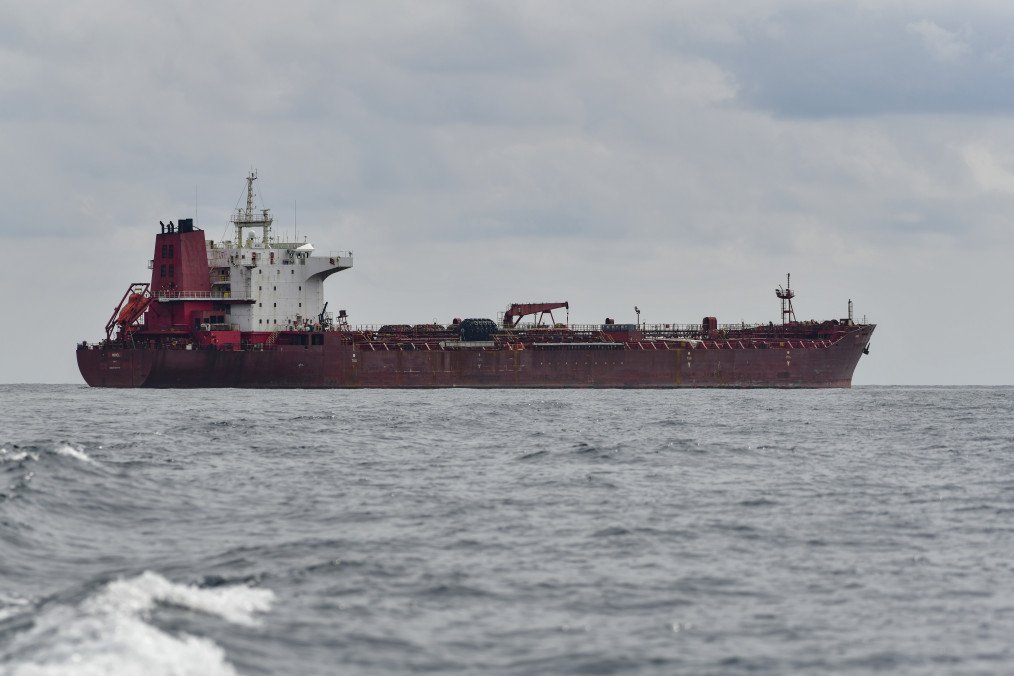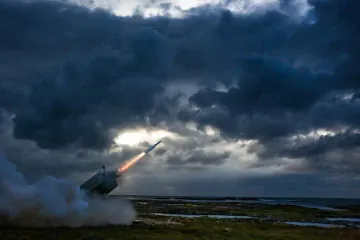- Category
- Latest news
Russian "Shadow Fleet" Tankers Skip Pilot Services, Raising Oil Spill Risks in Danish Straits

Tankers from Russia's "shadow fleet," which transport oil through Denmark's complicated for navigation shipping straits, are increasingly opting to forego pilot services, raising the risk of an oil spill off the Danish coast, Bloomberg reported on September 10.
The shadow fleet consists of vessels with mysterious ownership used by Russia to obscure their transport of sanctioned Russian oil/wet cargo since the start of Russia’s invasion of Ukraine.
Over the three months leading up to July, 20% of tankers from Russia's "shadow fleet" transporting oil through the Danish straits declined to use local pilots, according to data compiled by Bloomberg and Danwatch, a Copenhagen-based investigative journalism nonprofit. This figure marks a rise from 4% a year earlier.
The straits, frequently navigated by maritime traffic, present challenges such as numerous shoals, strong currents, and varying depths, which is why the International Maritime Organization advises the use of pilots.
Since the beginning of 2023, nearly 1,200 tankers transporting Russian crude have departed from the Baltic Sea, with the proportion of shadow fleet vessels steadily rising. By the end of July, 6 out of every 10 shipments were carried by shadow fleet tankers, an increase from about 4 in 10 during the first quarter of 2023.
The straits are governed by a freedom-of-navigation treaty from 1857, which grants all ships the right to transit and makes the use of pilots voluntary. However, both the UN Maritime Organization and Danish authorities recommend employing pilots due to the challenging navigation conditions.
If Denmark tries to make pilotage mandatory, it could aggravate relations with the Kremlin and potentially disrupt an important source of global oil supply, according to Bloomberg.
-f88628fa403b11af0b72ec7b062ce954.jpeg)



-21f402f6f32da8b0165ae48804a71feb.jpeg)


-111f0e5095e02c02446ffed57bfb0ab1.jpeg)